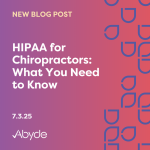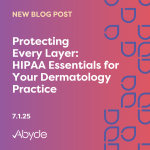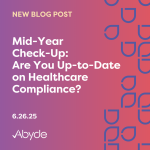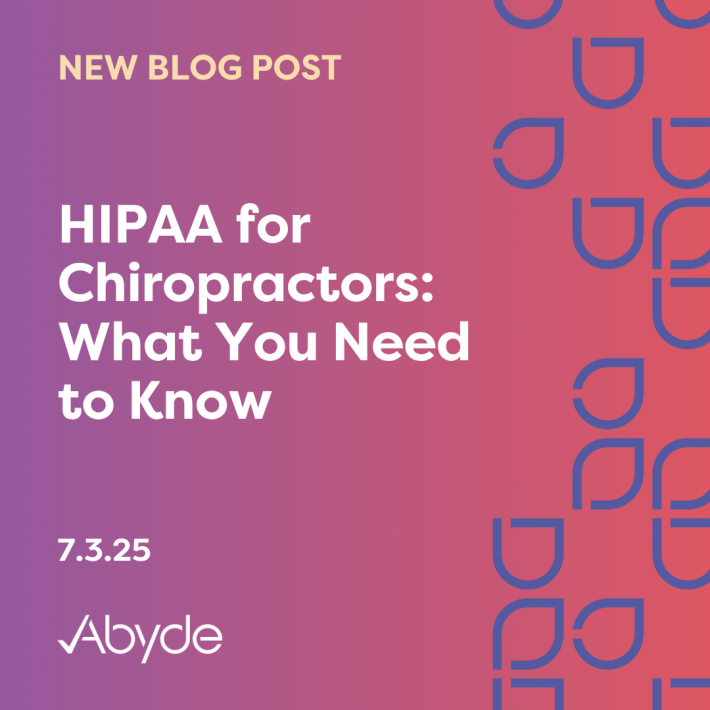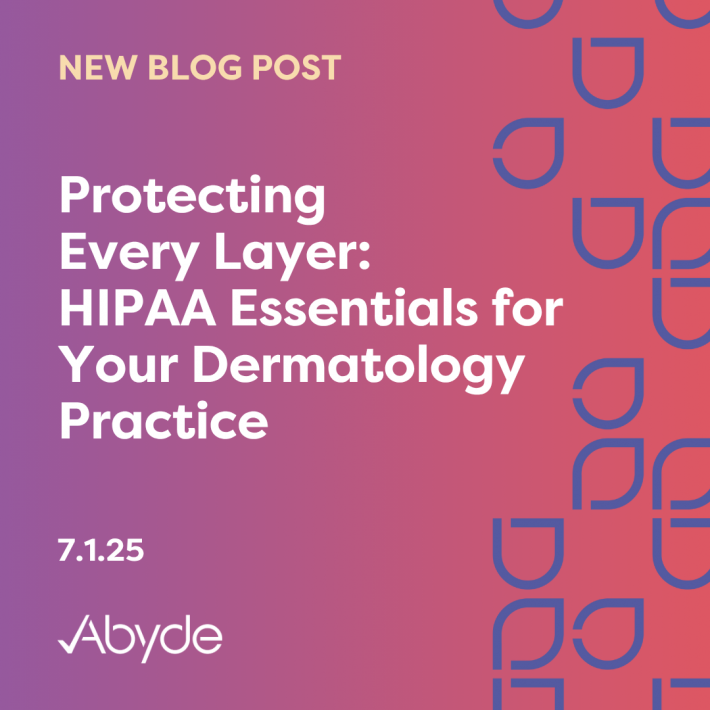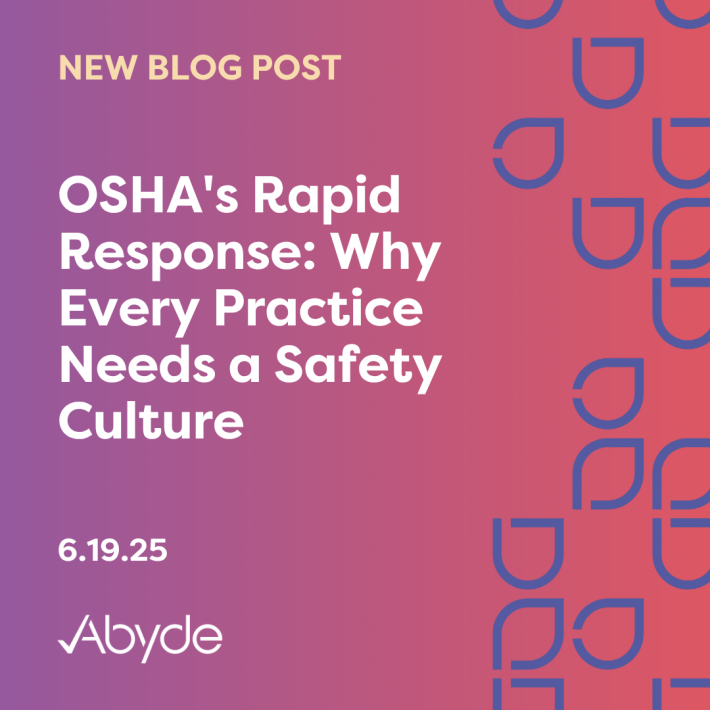December 22, 2020
The Office for Civil Rights (OCR) has been in the giving spirit the past few months, and they couldn’t close out 2020 without handing out at least one last holiday gift. We know there’s only 12 days of Christmas as the song goes – and we don’t think the OCR will be handing out lords-a-leaping or piper’s piping anytime soon – but there IS one more gift not mentioned in the classic song (at least the OCR 2020 edition): 13 patient right of access fines.
The latest settlement adds to quite a historic year for HIPAA enforcement – and proves just how unprepared many practices have been when it comes to HIPAA compliance. This week’s extra gift went to Peter Wrobel, M.D whose practice Elite Primary Care out of Georgia found themselves doing a little extra holiday spending this year after settling with the OCR for $36,000.
The settlement resolved a patient right of access complaint from April 2019, which took over a year to fully wrap (present-related pun intended). Here’s the highlights from this latest fine:
- In April of 2019, the OCR received a complaint claiming that Elite had failed to provide a patient with access to their requested medical records.
- Almost immediately, the OCR responded with technical assistance in early May of 2019 and marked the case closed.
- Despite the OCR’s efforts, a second complaint came rolling in that October stating that the patient had submitted another, written request for records in June of 2019 and still had yet to receive a response from Elite.
- After further investigation, Elite finally sent the records to the patient’s new healthcare provider in November of 2019 – but it wasn’t until May 8, 2020 (over a year after the initial request) that the patient was officially given their own medical records.
Important notes for any covered entity? Make sure to provide records in a timely manner, AND in the way the patient requests them. Additionally, requests can be submitted in any form (verbal, written or otherwise) but documented, written requests are always key to best protecting your practice and meeting timeframe requirements. Take a minute to brush up on how to handle access requests if your practice needs a refresher.
Taking over a year to get records access is already a bad call, but proposed changes to the HIPAA Privacy Rule will make the typical 30 day timeframe to provide records even shorter. When it comes to patients getting access to their own PHI, the OCR is serious about keeping covered entities of all sizes in line.
While this may not have been the gift Elite Primary Care was wishing for this year, it did come with is some wise words of advice from OCR Director, Roger Severino: “OCR created the Right of Access Initiative to address the many instances where patients have not been given timely access to their medical records. Health care providers, large and small, must ensure that individuals get timely access to their health records, and for a reasonable cost-based fee.”
We hope your practice gets a better gift this year than a hefty fine – but if you aren’t certain where you stand, get the gift of confidence in your HIPAA program by scheduling an educational webinar today!
